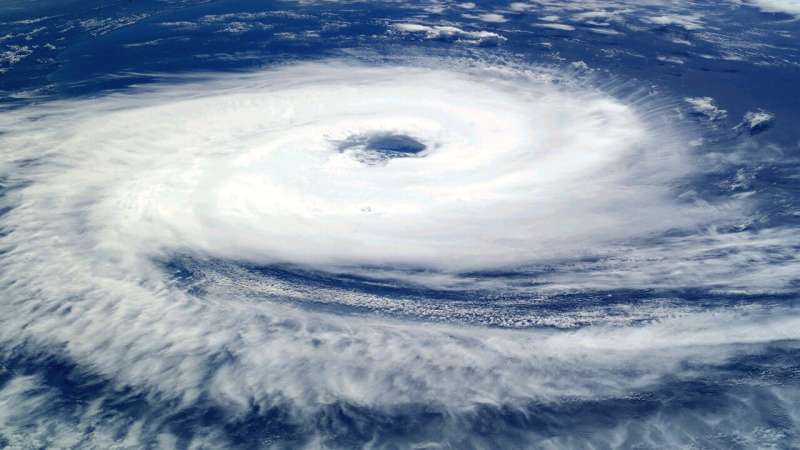Expert Tips for Managing Pre-Storm Anxiety

Learn effective strategies to cope with pre-storm anxiety, including media management, safety planning, and relaxation techniques to promote mental well-being during weather-related stresses.
Experiencing anxiety before an impending storm is common, especially after witnessing severe weather events in the past. Mental health professionals, including those from Baylor College of Medicine, offer practical strategies to help individuals cope with the anticipatory stress that often accompanies weather warnings. Recognizing signs of distress is crucial; adults may feel irritable, have difficulty sleeping, or experience physical symptoms such as headaches, fatigue, and gastrointestinal issues. Children may not display typical anxiety symptoms but might seem fearful, irritable, or withdrawn, particularly if they have a history of weather-related trauma. Parents should stay attentive to their child's behavior to provide appropriate support.
To reduce pre-storm anxiety, individuals are advised to limit exposure to news media, which can heighten fears. Developing a clear emergency plan, ensuring a safe environment, and maintaining a reliable support network are essential. Practicing relaxation techniques, such as deep breathing or mindfulness exercises, and continuing therapy if necessary, can also alleviate stress.
After the storm, coping strategies include engaging in mindfulness activities, maintaining a healthy lifestyle with proper sleep, nutrition, and exercise, and utilizing cognitive-behavioral therapy (CBT) techniques to address anxiety and depressive symptoms. Watching news content cautiously, preferably through reading reputable outlets rather than continuous TV or social media feeds, helps avoid unnecessary emotional triggers. If anxiety significantly impairs daily functioning, seeking professional help is recommended.
By adopting these proactive measures, individuals can better manage their emotional responses to storms and foster resilience in the face of natural disasters.
Source: https://medicalxpress.com/news/2025-08-expert-pre-storm-anxiety.html
Stay Updated with Mia's Feed
Get the latest health & wellness insights delivered straight to your inbox.
Related Articles
Neural Mechanisms Behind How the Brain Suppresses and Adapts to Fearful Memories
New research uncovers how neural networks involving the amygdala and hippocampus facilitate fear extinction and memory suppression, offering insights into anxiety disorder treatments.
Psychedelic Therapy and Its Potential to Induce Visual Imagery in Individuals with Aphantasia
Recent studies warn that psychedelic therapy may induce visual mental imagery in individuals with aphantasia, raising important ethical and psychological considerations for treatment. Learn more about the risks and mechanisms involved.
The Hidden Toll of Mental Health Work: How Providers Cope and Thrive
Mental health providers face significant emotional stress, with up to 85% experiencing compassion fatigue. Understanding effective coping strategies and increasing personal control are vital for maintaining provider well-being and professional satisfaction.
Personalized Mindfulness Techniques Enhance Anxiety Management and Mental Well-Being, Study Shows
Discover how matching specific mindfulness practices to different anxiety symptoms can enhance mental well-being and provide targeted relief. Learn about personalized approaches supported by recent research.



